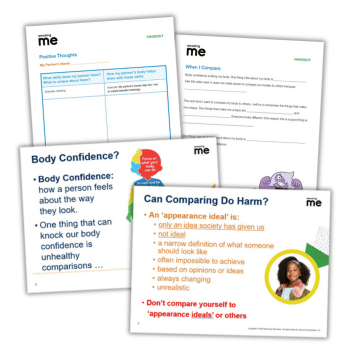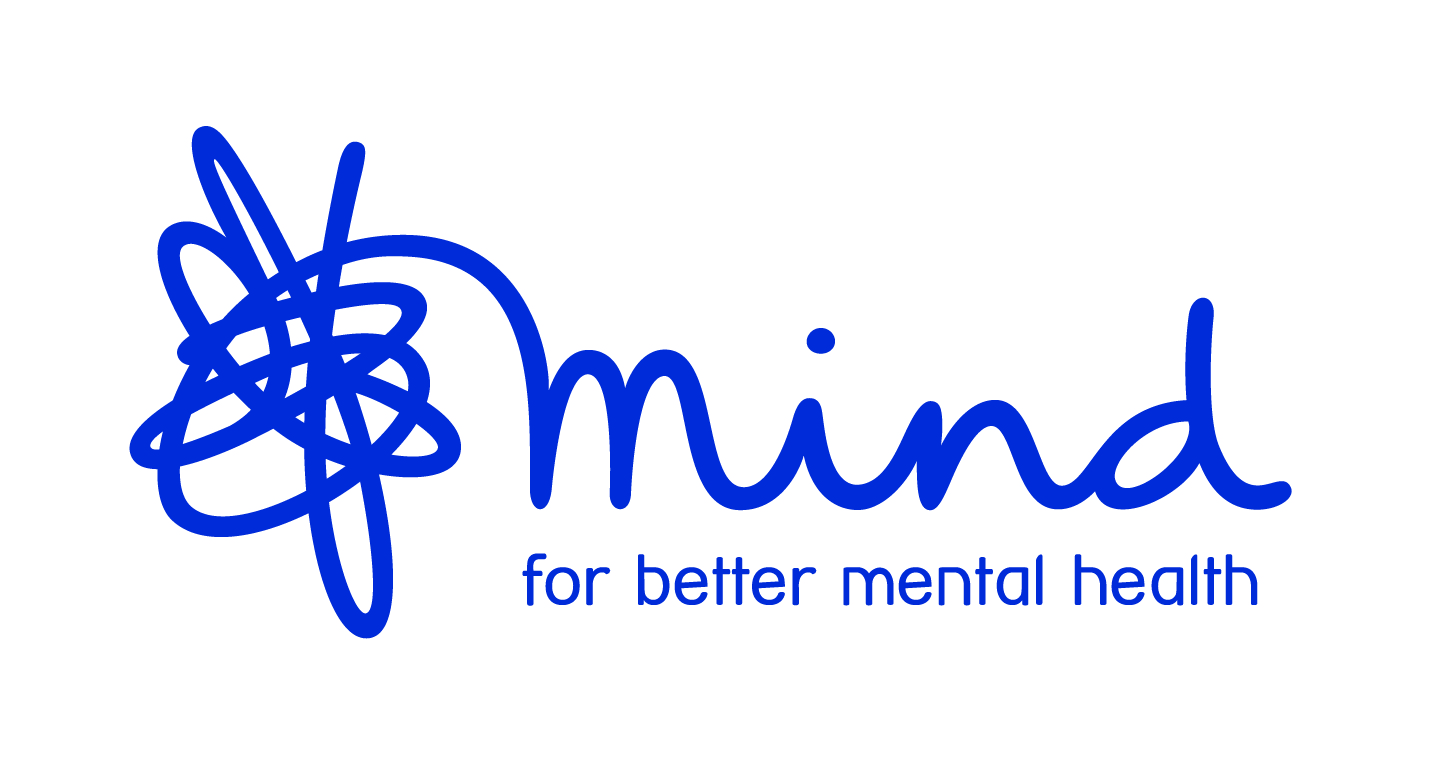As Teacher Workload Gets More Demanding Good Will Is Eroded – So One Teacher Is Tackling It Head On

"Some staff felt like second class citizens. Breaking down issues between teaching and non-teaching staff was important"
- by Carole Black
- Assistant headteacher at Dr Challoner’s Grammar School in Amersham

‘Earlier this year a colleague was experiencing significant issues outside school and the workload and isolation of her role in school meant that she didn’t have any capacity to deal with them,’ says assistant headteacher Carole Black.
‘Her role had evolved over time and she had just accepted the additional demands without question, but when things outside school became more difficult it suddenly brought into sharp focus how unrealistic and unreasonable her workload had become. She discussed resigning because it was affecting her health and she felt like she could not go on anymore.’
This is a scenario that will not feel unfamiliar to many teachers. However, being in that situation is one thing; how your school helps you to overcome it is a totally different matter. Carole was recently awarded mental health charity Mind’s first ever Senior Wellbeing Champion Award for her commitment to prioritising mental health in her school.
Burnout risks
Three years ago, Carole’s school decided to make both student and staff wellbeing a focus. The three main bugbears raised by staff, and no doubt echoed by teachers around the country, were increasing workloads, work requirements that had questionable benefits on pupil outcomes, and self-applied pressure to achieve high standards.
‘Teaching is a caring profession and this does attract staff who have a high sense of duty, which can lead to higher risks of burnout,’ explains Carole. She could see how these issues were having a knock-on impact on other areas of school life, eroding the staff’s sense of community. ‘Teaching staff felt isolated in classrooms, unable to leave because of marking, lesson planning and emails,’ says Carole. ‘Meanwhile, support staff were stuck behind desks dealing with paperwork and phone calls.’
Face-to-face communication was diminishing across the board, with email taking its place. ‘The sense of isolation was impacting on how staff were feeling,’ continues Carole. ‘There was a sense that no one fully understood how hard they were working and the pressures they were under. Staff were trying to cope on their own, while feeling less valued and supported.’
Determined to grasp the bull by the horns and tackle the issue, Carole’s first step was to try and start an honest and open dialogue, with guidance from Mind’s Workplace Wellbeing Index initiative.
‘We asked staff across the school what we could do to make them happier at work.’ Carole’s questions weren’t met with universal approval, however. ‘Initially there was some scepticism,’ she explains. ‘I think it was hard for staff to be honest about some of the issues that they felt were impacting on their work/life balance. The fear of being judged and how this may impact on their future was a genuine concern.’ To tackle this, staff were invited to give feedback in a number of different ways, such as through team contributions or anonymous surveys.
Quick wins
The findings of Carole’s investigation fell into five broad categories: workload, the impact of change (especially IT), community, recognition and environment. Eager to prove that the school was prepared to act on the feedback, Carole’s team began by looking for ‘quick wins’. ‘For example, we brought the timings of parents’ evening forward so it didn’t go on too late in the evening and introduced hot food so staff were able to have a proper meal after school.’
Carole also made it a priority to assess how current and upcoming initiatives added value to student outcomes. ‘While the school wants to continue to be innovative and do more, we needed to ensure we weren’t asking too much of our staff,’ says Carole.
‘We are also being more honest about the ‘creep’ effect, where roles and expectations change over time and staff goodwill is perhaps exploited or eroded – we need to manage this and not take it for granted.’ Other measures to come out of the survey have been a reduction of staff duties and changes to report writing expectations. ‘Additionally, we’ve reduced some enrichment activities, looked at the automation of some admin tasks and tried to create more stability with our IT systems,’ Carole says.
Steady pace
On the whole, most staff have been very receptive to the changes. ‘Of course, different people have engaged in different ways,’ explains Carole.
‘For some, this topic is one that they are passionate about so they have taken the initiative to get involved with things like staff yoga and mindfulness. Others are less direct in their engagement, but no one has suggested this is not helpful or worth doing. We are trying to take staff with us and go at their pace, rather than forcing issues that might create other problems.’
It would be unrealistic to suddenly expect everyone to be best buddies, but Carole believes that having trusted, supportive colleagues around you is a major factor when it comes to staff wellbeing. ‘It doesn’t mean you have to be friends out of school, but increasing the sense of community and team building was something that came out strongly from our staff feedback. Some staff felt like second class citizens, and breaking down some of the issues between teaching and non teaching staff and trying to get different teams to mix and get to know one another was important.’
And what of the staff member mentioned at the beginning, who was feeling deflated and ready to quit? ‘We listened to everything she wanted to share and considered what we could do to support her in school and create space and time for her to deal with the issue affecting her outside of school,’ explains Carole. ‘She took a few days off to start getting the support she needed outside school. When she returned we found colleagues who could assist where the workload had become unmanageable.’ With teacher recruitment and retention an ongoing issue, Carole is dedicated to making sure her staff feel valued and taken care of. ‘You can only deliver high quality teaching and learning if you have staff who feel supported and have a healthy work/life balance. We know our pupils can’t thrive when their wellbeing is compromised, so we need to apply the same principles to our staff.’
Sign up to the Workplace Wellbeing Index
 Carole’s school has signed up for the Workplace Wellbeing Index; mental health charity Mind‘s benchmark of best policy and practice.
Carole’s school has signed up for the Workplace Wellbeing Index; mental health charity Mind‘s benchmark of best policy and practice.
Emma Mamo, head of workplace wellbeing at Mind, says: “In the last few years we’ve seen employers make great strides when it comes to tackling stress and supporting the mental wellbeing of their staff, including those with a diagnosed mental health problem. We’re delighted to recognise and celebrate employers making mental health a priority for their organisation.’
Participating in the Index enables your school to gain public recognition of its commitment to workplace wellbeing, learn where you benchmark in comparison to other organisations and be part of a movement for change in workplace mental health.
‘Being involved gave us the opportunity to have an independent review from a credible and highly respected organisation,’ explains Carole. ‘It allowed us to assess our progress to date, so we could consider what was going well and what areas we needed to improve. We are also hoping to exploit the networking opportunities on offer so we can learn from other organisations and share ideas.’ Find out more at mind.org.uk/workplace.
Carole Black is assistant headteacher at Dr Challoner’s Grammar School in Amersham, Buckinghamshire.










